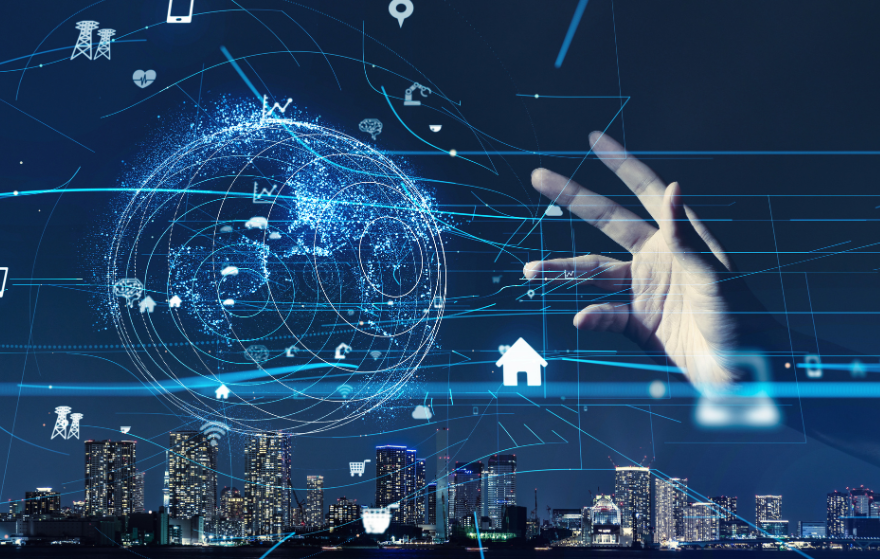The Future of Software: Emerging Trends and Technologies
In our rapidly evolving digital landscape, the future of software is taking shape, promising exciting innovations and transformative possibilities. As technology continues to advance, it's crucial to stay ahead of the curve and understand the emerging trends and technologies that are shaping the software industry. Let's take a closer look at what the future holds.
1. Artificial Intelligence and Machine Learning:
Artificial Intelligence (AI) and Machine Learning (ML) are at the forefront of software innovation. These technologies are making software smarter, enabling it to analyze vast datasets, make predictions, and even learn from user interactions. AI and ML are being integrated into various applications, from virtual assistants to recommendation systems, revolutionizing user experiences.
2. Edge Computing:
Edge computing is poised to change the way we process and store data. Instead of relying solely on centralized data centers, edge computing brings processing power closer to the data source. This reduces latency and enables real-time decision-making, making it ideal for applications like autonomous vehicles and IoT devices.
3. Blockchain and Decentralized Applications:
Blockchain technology is not limited to cryptocurrencies. It's now being used to create secure and transparent decentralized applications (DApps). These DApps have the potential to disrupt various industries, including finance, supply chain, and healthcare.
4. Quantum Computing:
While still in its infancy, quantum computing holds incredible promise. It has the potential to solve complex problems at speeds that were once unimaginable. This could revolutionize fields such as cryptography, material science, and drug discovery.
5. 5G Technology:
The rollout of 5G networks will significantly impact software development. With faster and more reliable connectivity, we can expect applications that leverage augmented reality, virtual reality, and real-time data sharing to become more widespread.
6. Cybersecurity and Privacy:
As software becomes more integrated into our daily lives, ensuring the security and privacy of data is paramount. The future of software will see a continued focus on enhancing cybersecurity measures and giving users greater control over their personal information.
7. Low-Code/No-Code Development:
To democratize software development, low-code, and no-code platforms are gaining popularity. These tools allow individuals with limited coding experience to build powerful applications, reducing development time and costs.
8. Sustainable Software Development:
Sustainability is not limited to hardware. Software developers are now working to reduce the environmental footprint of their applications, focusing on energy-efficient coding and reducing resource consumption.
9. Personalized Experiences:
The future of software is user-centric. Personalization through AI-driven recommendations and tailored interfaces will become the norm, ensuring that software caters to individual needs and preferences.
In this dynamic landscape, software developers and businesses must adapt to these emerging trends and technologies to remain competitive. The future of software is bound to be an exhilarating journey, filled with innovation and endless possibilities. Embracing these trends and staying informed is key to harnessing the full potential of the ever-evolving world of software.




.png)